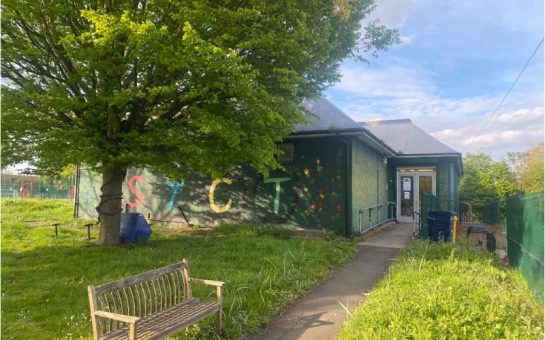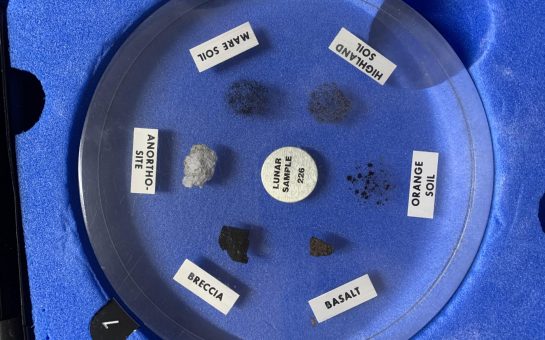Retinitis Pigmentosa affects around one in 3,000-4,000 people. And at the age of 17, Lizzie Capener became one of them.
By 2013, her peripheral vision had deteriorated so much that she was registered severely sight impaired.
On Thursday, October 6, Lizzie, will embark on a five-day trek through Iceland to raise money for the Royal National Institute of Blind People (RNIB), the charity that has supported her since her diagnosis.
The trip will include 18 hours of trekking, and Lizzie has been preparing for the challenge with a personal trainer every week, and by running, walking and playing cricket to build up her fitness.
She’ll stay in a traditional mountain hut with outdoor temperatures close to -10 degrees at night.
“I thought this would be the perfect opportunity for me to see an amazing part of the world while I still have enough vision to appreciate it, and while helping RNIB at the same time,” the Streatham resident said.
There are around 30 people going in total, of which about 10 are visually impaired, with the aim of raising money for RNIB.
They’ll stay in the hut with four people sharing each room and about one or two showers between them.
For three nights this will be their home, while during the day they’ll brave Iceland’s bizarre volcanic terrain, trekking in different directions each day before returning back to their base for home-cooked meals.
On the last night they’ll stay at a hotel and their last day will be spent exploring Reykjavik – a well-deserved reward for the previous few exhausting days.
The aim of the trek is to raise money for RNIB and awareness about Lizzie’s condition.
RP causes permanent changes to a person’s vision by affecting the retina, and the extent and speed of this alteration varies from person to person.
There are numerous undiscovered types, and difficulties arise when a new one is discovered and there’s no research on it.
Lizzie has one of the rare types which has little or no known information surrounding it.
The opera singer said:“The last time I went to Moorfields they said they think my central vision will remain reasonable for a good few years.
“Because I’ve got hardly any peripheral vision, they reckon my central (other than in dim light) will stay for a good few years. So that’s good.”
Peripheral vision is what we use to detect motion, and we use it when crossing roads, driving, and to see in dim light.
In fact, there are few instances in everyday life where peripheral vision wouldn’t be useful.
People like Lizzie with RP have hardly any, which makes navigation difficult.
Despite this, Lizzie, like many others with the condition, is hesitant to use her cane.
“Where I can I now use my cane but I’m still quite nervous about it. I don’t know whether that’s a perception thing but it’s partly because I don’t necessarily look as though anything’s wrong with me that people sort of just look at me like I’m crazy,” she said.
Her lack of peripheral vision also means she often bumps into people on the street.
“So it’s those sorts of things – bumping into people, bumping into things, looking like I’m a bit drunk, which obviously I’m not, but it’s because I don’t see things, especially in the dark, because I have night blindness,” she said.
In fact, even a lot of the children she runs regular workshops with didn’t realise she was visually impaired until she ran a vision awareness day at their school.
It was during this session that she discovered blind cricket, which she played with the children and two players from the England Women’s Blind Cricket team.
This involved children wearing simspecs (simulation spectacles) which mimics different eye conditions.
Lizzie said she had a ball lobbed straight into her face, but despite this the day was a success and she raised around £500 towards her target.
It seems as though very little phases her and one of the reasons for this is because of the support she has been given by the RNIB throughout the past few years.
“I have a feeling they invited me because they know I’m a bit nuts and they thought I might sign up,” she said.
“I had a friend with me and I just said, oh my God I’m going to do this – I don’t know if it was the couple of glasses of wine I’d just had.”
Lizzie aims to raise £2,500 for RNIB during the trek, and you can help her by visiting her Just Giving page.
To support Lizzie, click here.




